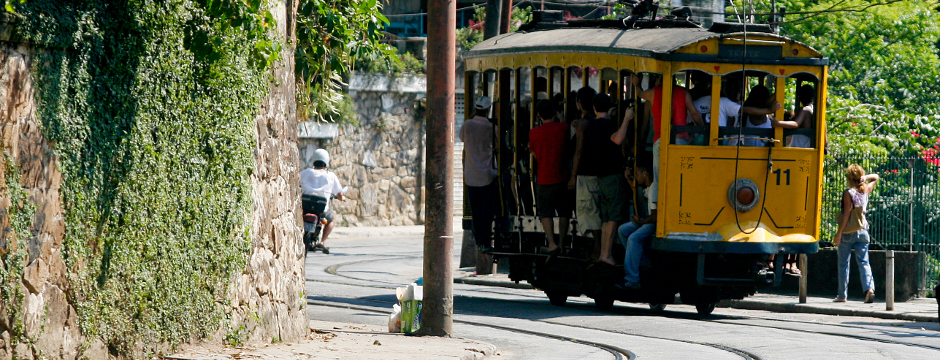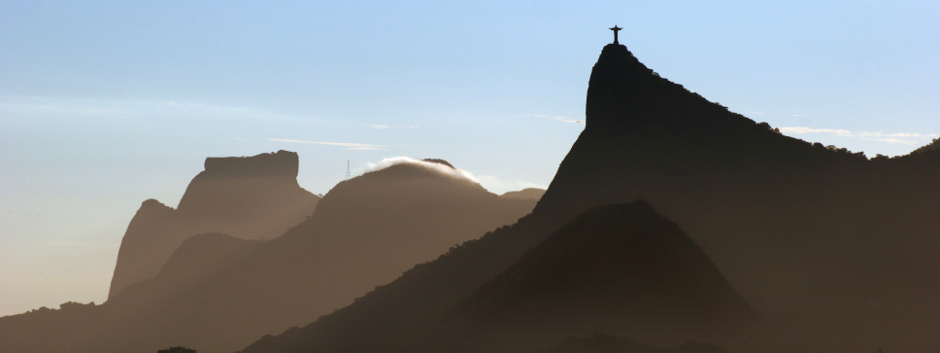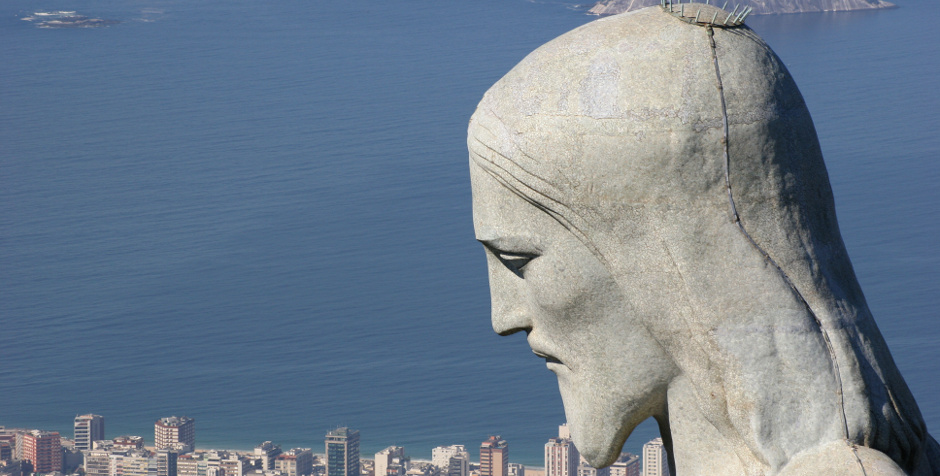Rio de Janeiro
The LADC2013 will take place in Rio de Janeiro.
One of the major economic, touristic and cultural hubs of South America, the City of Rio de Janeiro sits at Southeastern Region where the majority of the Brazilian GDP is concentrated. Rio de Janeiro, known worldwide for its scenic beauty and its natural resources, provides a harmonious and agreeable environment for its visitors, for both leisure and work. Its infrastructure, makes Rio an important center for commerce and services. Modern and diversified industrial sector is presented in the city. The City occupies an area of 1.261 Km2 and has a population of 5.850.544 (according to the IBGE 2000 census). Rio de Janeiro is recognized by its kindness and hospitality with which its residents welcome all visitors.
The City of Rio de Janeiro receives annually more than 2 million foreign tourists, representing 33% of the total number of tourists and is recognized as the most visited city in the country (according to EMBRATUR). With its ample infrastructure of tourism services, Rio de Janeiro is ranked among the top destinations in the world in reception for cultural, commercial, technical and scientific events – fairs, symposia, congresses, conventions and exhibitions.
The city of Rio de Janeiro is located in the state of the same name and the whole state occupies an area of 43.910 Km2 and has a population of 14.367.225.
Climate
The climate is humid and sub-tropical , with the dry season in winter. In the summer, the maximum average temperature is 32 °C; and in winter, the minimum average temperature is 16°C. The average annual temperature is 25°C.
Spring (September – November) and Fall (April – May) are the two best seasons of the year with average temperature of about 26ºC.
Language
The official language of Brazil is Portuguese, with different regional accents.
Time Zones
Due to the size of the country, there are time zones. Rio de Janeiro follows the same time zone of Brasilia.
Currency
The Brazilian currency is the “Real” and it is divided in “100 centavos” (cents).
Holidays
Business holidays include New Year’s Day (1 January), Carnival (February or March; dates vary), Easter and Good Friday (March or April; dates vary), Tiradentes Day (21 April), Labor Day (1st may), Corpus Christi (June; dates varies), independence Day (7th September), Our Saint Aparecida Day (12 October), All Soul’s Day (2nd November), proclamation of the Republic Day (15th November), and Christmas Day (25 December).
Religion
Brazil is officially a Catholic country. Indian animism was the original spiritual practice in Brazil. It greatly declined when the Catholic Portuguese settlers colonized Brazil, but some still remains. Slaves from Africa that were brought to Brazil had their own religions. Some Afro-Brazilian cults evolved during that time, but they are of no resemblance to those of the mainstream religions in Brazil.




